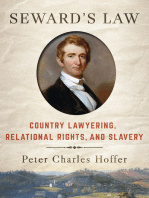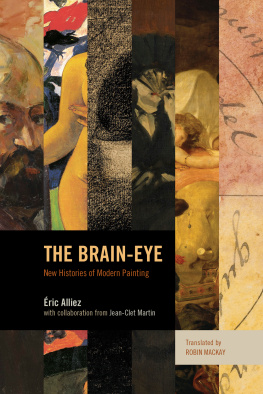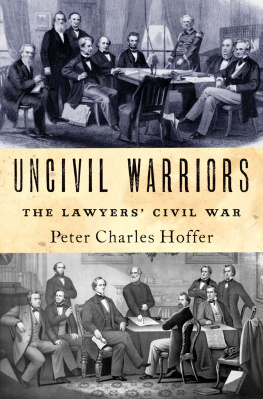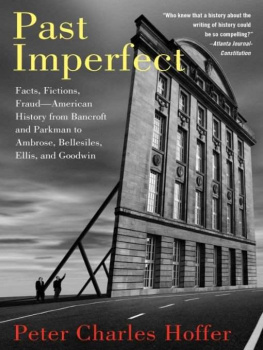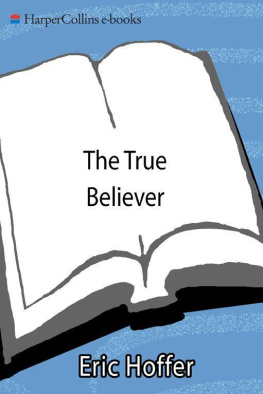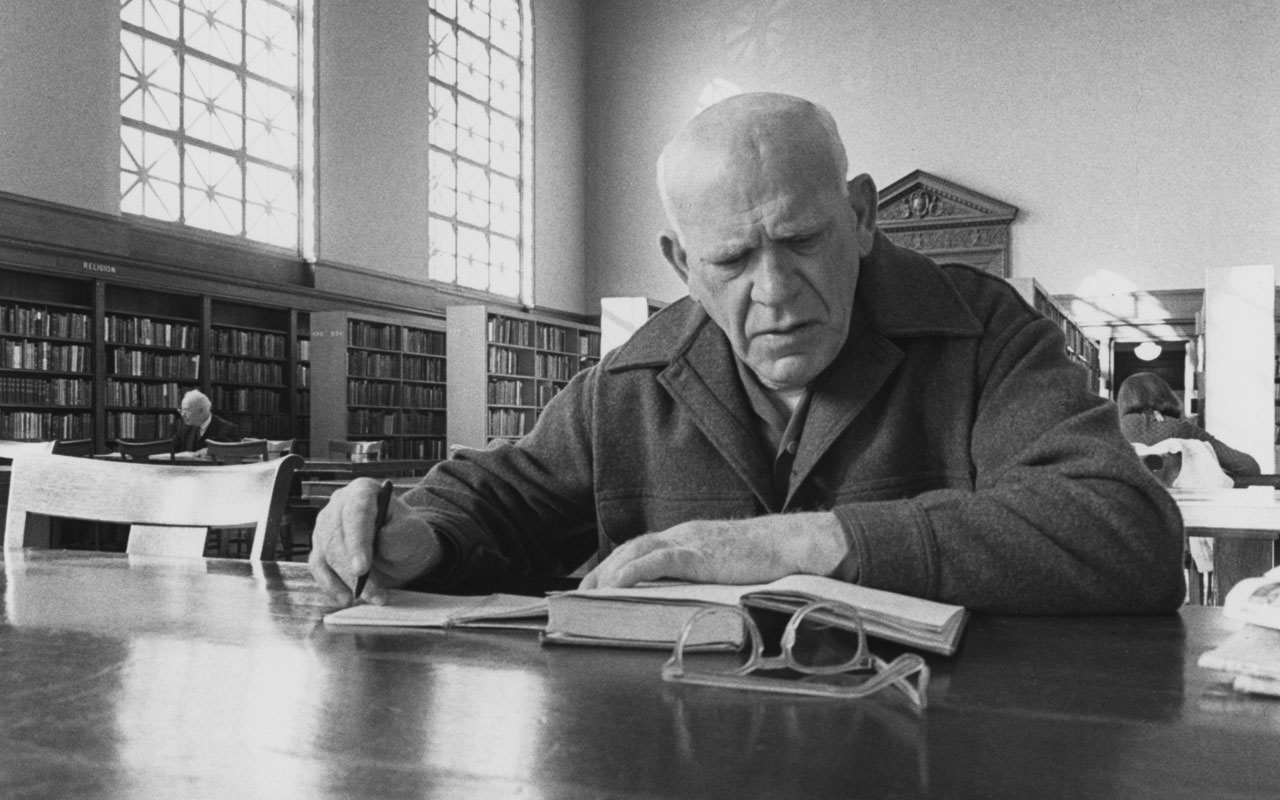Eric Hoffer
The Longshoreman Philosopher
Eric Hoffer
The Longshoreman Philosopher
Tom Bethell
HOOVER INSTITUTION PRESS
STANFORD UNIVERSITY | STANFORD, CALIFORNIA
The Hoover Institution on War, Revolution and Peace, founded at Stanford University in 1919 by Herbert Hoover, who went on to become the thirty-first president of the United States, is an interdisciplinary research center for advanced study on domestic and international affairs. The views expressed in its publications are entirely those of the authors and do not necessarily reflect the views of the staff, officers, or Board of Overseers of the Hoover Institution.
www.hoover.org
Hoover Institution Press Publication No. 616
Hoover Institution at Leland Stanford Junior University, Stanford, California, 94305-6010
Copyright 2012 by Tom Bethell.
Copyright for the selections from the published and unpublished works of Eric Hoffer is held by Eric Osborne, successor-in-interest to the estate of Eric Hoffer.
Photo on title page is Eric Hoffer reading in the old San Francisco Public Library; photographer, George Knight; appears with the permission of The Bancroft Library at the University of California, Berkeley, The Bancroft Library. Other photo credits are printed adjacent to each photo.
The photographs included in this volume were mostly found in the collections of the Hoover Institution Archives, supplemented by a few from outside sources. Efforts have been made to locate the original sources, determine the current rights holders, and, if needed, obtain reproduction permissions. Upon verification of any claims to rights in the photos reproduced in this book, any required corrections or clarifications will be made in subsequent printings or editions.
All rights reserved. No part of this publication may be reproduced, stored in a retrieval system, or transmitted in any form or by any means, electronic, mechanical, photocopying, recording, or otherwise, without written permission of the publisher and copyright holders.
First printing 2012
Library of Congress Cataloging-in-Publication Data
Bethell, Tom, 1936
Eric Hoffer : The longshoreman philosopher / Tom Bethell.
p. cm. (Hoover Institution Press publication series ; no. 616)
Includes bibliographical references and index.
ISBN 978-0-8179-1414-1 (cloth : alk. paper)
ISBN 978-0-8179-1415-8 (pbk. : alk. paper)
ISBN 978-0-8179-1416-5 (e-book)
1. Hoffer, Eric. 2. Social reformersUnited StatesBiography. 3. PhilosophersUnited StatesBiography. I. Title. II. Series: Hoover Institution Press publication ; 616.
HN65.H54 B47 2012
303.484092dc232011037057 [B]
Digital Book Conversion by

www.metrodigi.com
Contents
between Chapters Two and Three
Acknowledgments
I am grateful to the ever-helpful staff of the Hoover Institution Archives, the main source of the information in this book. I also thank the late Lili Fabilli Osborne, with whom I had numerous conversations about Eric Hoffer; she died in September 2010, as the writing of the book was coming to an end. Thanks also to Lilis sons, Eric and Stephen, who shared their memories. In her blunt fashion, Lilis sister Mary Fabilli also told what she knew. My particular thanks go to Stacy Cole, who sat for several interviews and who probably knew Hoffer better than anyone beyond Lili and her family. Additional thanks are due to the late Joe Gladstone and his son, Rick; and to Tom Lorentzen, James T. Baker, Bill Fredlund, and John McGreevy. Thanks to those who answered letters, among them Richard Pipes and Calvin Tomkins.
The book would not have been possible without the generous support of John Raisian, the director of the Hoover Institution. My thanks also go to Barbara Egbert, whose editorial assistance greatly improved the manuscript.
INTRODUCTION
In 2000, the Hoover Institution acquired seventy-five linear feet of Eric Hoffers papers from his longtime friend, Lili Osborne. She had accumulated them over many years; without her intervention they almost certainly would have been discarded. Hoffer himself died in 1983.
A few years after the papers were transferred, I had lunch with Thomas Sowell, a prolific author, columnist, and senior fellow at the Hoover Institution. He was interested in Hoffer, and with the help of an assistant had compiled a subject index to Hoffers books, none of which had been published with an index.
Dr. Sowell told me he had heard I was working on a biography of Hoffer. I said that I had indeed been going through his papers but that a true biography would be a challenge. Not enough was known about the first half of his life. Three books about the man who became known as the Longshoreman Philosopher were published in his lifetime, all of them now out of print. All the facts about his early life in those books were drawn from interviews with Hoffer, conducted either by the authors or by other journalists. As far as I can tell, nothing that Hoffer said about his early years has ever been independently corroborated. Furthermore, little that I have been able to find in the Hoover Archives adds to our knowledge of Hoffers early decades.
The watershed date is January 1934. In the first interview in which a reporter specifically inquired about his earlier life, Hoffer said that he found himself broke in San Diego in the year 1934. The rest of the article, about a thousand words long, included not one word about his life before he found himself in San Diego. It was published in a long-defunct newspaper, the San Francisco Call-Bulletin, in March 1951.
After 1934, Hoffers whereabouts are well known. His account of his stay in a federal transient camp in El Centro, California (95 miles east of San Diego), is well documented by his own surviving and contemporaneous writings. He became a migrant worker and gold miner in California and his accounts of these activities in the latter half of the 1930s are plausible. His descriptions are numerous, credible, and consistent.
After Pearl Harbor, Hoffer moved permanently to San Francisco. His life in the 1940s is short on details, but we know where he was and what he was doing: he was working on the docks and writing his first book, The True Believer. After 1951 his life opens up. It becomes a matter of public record and, increasingly, is well known to the general public.
As to Hoffers whereabouts before San Diego, I believe there is real uncertainty. I hasten to add that I do not have anything to replace his own sparse account. But there are questions and I raise them in this book. Nonetheless, mine is almost entirely a negative case and, as the saying goes, you cant beat something with nothing.
Hoffers unpublished writings have been largely preservedhis notebooks in particular. The great majority date from the thirty-year period between 1950 and 1980. Entries are often polished. There are some earlier notebooks, usually not dated, but nothing seems to have been written much before 1936. No scrap of his writing before he arrived in El Centro is known to have survived. By then Hoffer was about thirty-five years old.



